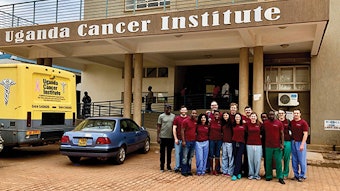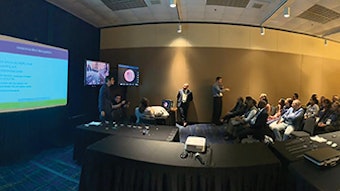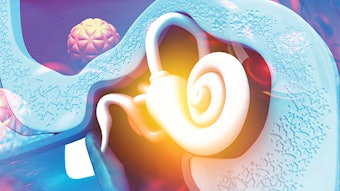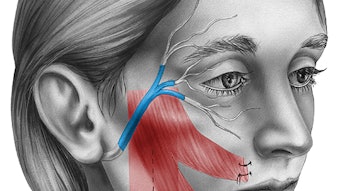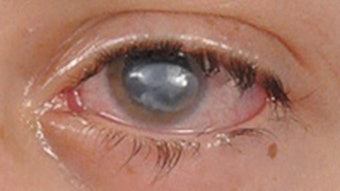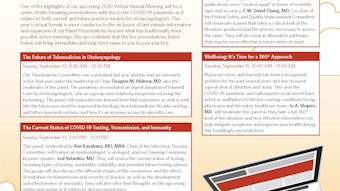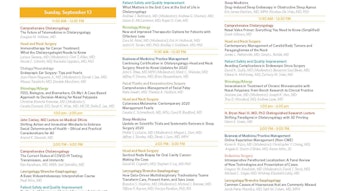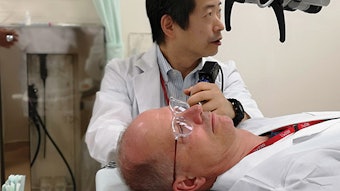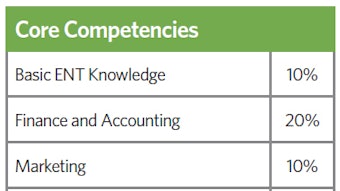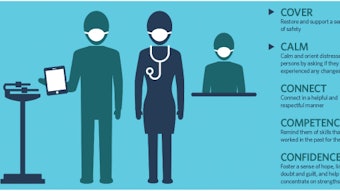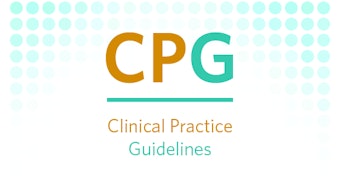Private Payer Advocacy: Aetna Sinus Surgery
Over the past several months, members have alerted the Academy’s Health Policy Advocacy team that they have been receiving sinus surgery reimbursement denials from Aetna. In these denials, Aetna states that the procedure is considered experimental/investigational. In response, the Physician Payment Policy (3P) workgroup, supported by Health Policy Advocacy staff, have been working with Aetna to gain insight into these denials.
Over the past several months, members have alerted the Academy’s Health Policy Advocacy team that they have been receiving sinus surgery reimbursement denials from Aetna. In these denials, Aetna states that the procedure is considered experimental/investigational. In response, the Physician Payment Policy (3P) workgroup, supported by Health Policy Advocacy staff, have been working with Aetna to gain insight into these denials. Aetna clarified that these denials are based on inadequate documentation, rather than an inappropriate designation of “investigational” for proven services like FESS, which are consistent with the standard of care. For example, for functional endoscopic sinus surgery for chronic rhinosinusitis (longer than 12 weeks) with nasal polyps with persistent symptoms, providers must properly document that the patient has failed optimal medical treatment and provide objective evidence of disease by CT imaging.
- In order to be fully reimbursed for sinus surgeries, the Academy recommends that members submit detailed documentation related to:
- Evidence of abnormal CT scans. Abnormal CT findings include, but are not limited to:
- air fluid levels
- air bubbles
- greater than 3 mm of mucosal thickening
- pansinusitis
- diffuse opacification
- Documentation demonstrating that maximal medical therapy has been tried, as indicated by all of the following:
- antibiotic therapy (if bacterial infection is suspected)
- saline nasal irrigation
- trial of nasal steroids
- allergy testing (if symptoms are consistent with allergic rhinitis) and appropriate pharmacotherapy (e.g., antihistamines or intranasal corticosteroids or leukotriene antagonists, etc.)
- Clinical notes that are clear, legible, and provide rationale for the proposed treatment. Examples include:
- stating a patient has had four or more documented episodes of recurrent acute rhinosinusitis within 12 continuous months and providing objective evidence of disease via nasal endoscopy and CT imaging
- stating that chronic rhinosinusitis has been present for at least 12 continuous weeks
The Academy strongly encourages members to carefully read through the Aetna sinus surgery policy (http://www.aetna.com/cpb/medical/data/900_999/0937.html) to ensure that all documentation requirements have been met prior to submitting claims. If you receive an inappropriately denied sinus surgery claim from Aetna or another insurer, please email healthpolicy@entnet.org.




